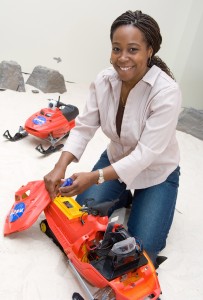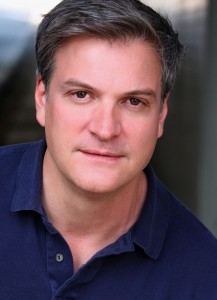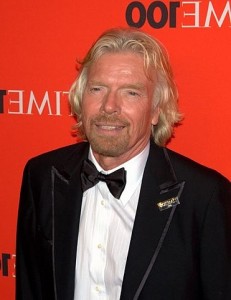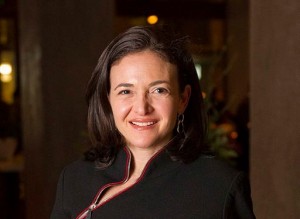Developing technology is the primary way we’re advancing toward the future, and yet in 2010, only 18.2% of American undergraduates studying computer science were women. To work in technology is to innovate, and innovation benefits from a diversity of minds, which often comes from a group of people who don’t look alike.
So where are the women? Maria Klawe has an answer.
The president of Harvey Mudd College, Dr. Klawe has helped transform the way computer science is reaching students. She was recently profiled in a New York Times story that examined how Harvey Mudd’s intro computer science class has been made-over to appeal to more learners:
Known as CS 5, the course focused on hard-core programming, appealing to a particular kind of student — young men, already seasoned programmers, who dominated the class. This only reinforced the women’s sense that computer science was for geeky know-it-alls.
“Most of the female students were unwilling to go on in computer science because of the stereotypes they had grown up with,” said Zachary Dodds, a computer scientist at Mudd. “We realized we were helping perpetuate that by teaching such a standard course.”
To reduce the intimidation factor, the course was divided into two sections — “gold,” for those with no prior experience, and “black” for everyone else. Java, a notoriously opaque programming language, was replaced by a more accessible language called Python. And the focus of the course changed [from] computational approaches to solving problems across science.
“We realized that we needed to show students computer science is not all about programming,” said Ran Libeskind-Hadas, chairman of the department. “It has intellectual depth and connections to other disciplines.”
See how inclusion is done? To embrace those who’ve traditionally been left out, it takes self-reflection, broad thinking, and action.
Harvey Mudd isn’t the only college to revamp its curriculum:






